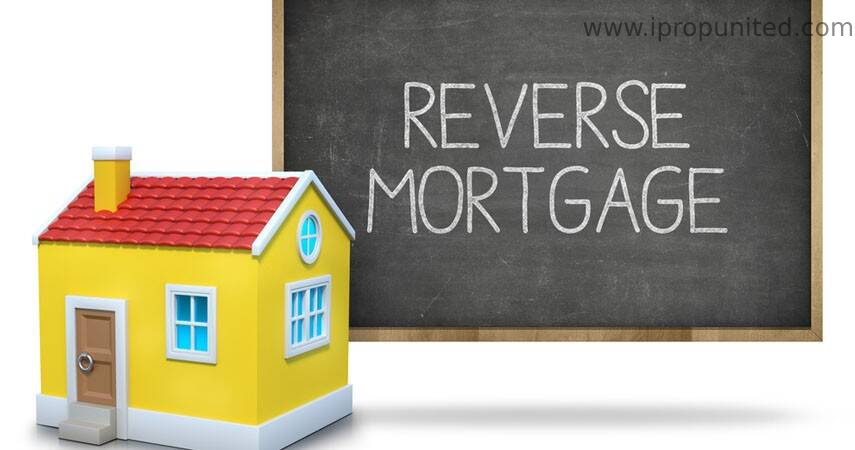
A reverse mortgage is a type of loan that allows homeowners ages 62 and older, typically who’ve paid off their mortgage, to borrow part of their home’s equity as tax-free income. Unlike a regular mortgage in which the homeowner makes payments to the lender, with a reverse mortgage, the lender pays the homeowner.
Established in 2007 by the Union Government of India, this scheme was launched to help senior citizens against their medical bills and increased cost of livings.
The major feature of this scheme is that the homeowners can use the residential property to live until their death through the reverse mortgage.
Who can avail Reverse Mortgage?
The applicant age must be more than 62 years and the co-applicant i.e. the spouse must be above 60 years of age. Owners of a self-acquired, self-occupied residential house or flat, located in India. The titles should be clear, indicating the prospective borrower’s ownership of the property. Property should be free from any encumbrances. The life of the property should be of minimum 20 years. Property should be the permanent primary residence of the individuals.
How to apply for Reverse Mortgage?
- After reading all the conditions, the applicant can apply for the reverse mortgage with the required documents.
- The lender/bank will evaluate the value of the property taking into account various factors including the condition of the property, its demand in the market and the value of other properties at par with it.
- Periodic payment of loan decided after taking into consideration price fluctuations and margin of the interest cost.
- The mortgaged property gets reevaluated once every 5 years and borrowers may ask to increase the amount of loan, in case the value of the property inflates. Alternatively, a lump sum amount can also be procured from the lender.
- The interest paid on the reverse mortgage could be floating or fixed depending upon the market norms.
- Loan can be availed in monthly, quarterly or yearly installments. It can also be procured in a lump sum by the borrower.
Is tax applicable on Reverse mortgages?
The reverse mortgage is treated as a loan, not an income. Hence it is not liable for taxation. However, in the course of repayment of the mortgage loan; any capital gain arising attracts a capital gain tax.
How Settlement Works in Reverse Mortgage
The liability to repay the mortgage loan comes when the last surviving spouse dies. In that event, there are two ways to settle reverse mortgage either the heirs of the property may arrange to settle the loan amount along with accumulated interest to receive the ownership of such property, or the bank arranges to sell off the property to recover the loan amount. However, if the bank receives an amount greater than the loan amount together with accumulated interest then that extra part is provided to the legal heirs of the property. But if the property sold gets less than the loan amount, the remaining amount is recovered from the legal heirs of the property.
Reverse Mortgage will be invalid if borrower:
- Do not stay for a year in the property against which mortgage loan is acquired.
- Rent a small portion of the property.
- Add name in the property title.
- Fails to insure the house or fail to pay the property tax.
- Abandons or donates the property.
- Declared as bankrupt.
What happens when an applicant outlive the tenure?
If the borrower or his/her spouse outlives the period of tenure, the bank cannot get the property vacated to recover the loan. Bank will have to wait till the borrowers die to settle the loan amount. But after the completion of tenure, the bank stops the monthly installment payments to the borrower.
Although these rules and regulations for the reverse mortgage loan may seem stringent to some, they are designed with the borrower’s best interests in mind and are truly beneficial to you as a borrower. These regulations and rules are meant to encourage borrowers to use this great financial tool as part of an intelligent retirement planning strategy, which in turn solidifies the overall strength of the reverse mortgage loan product.








